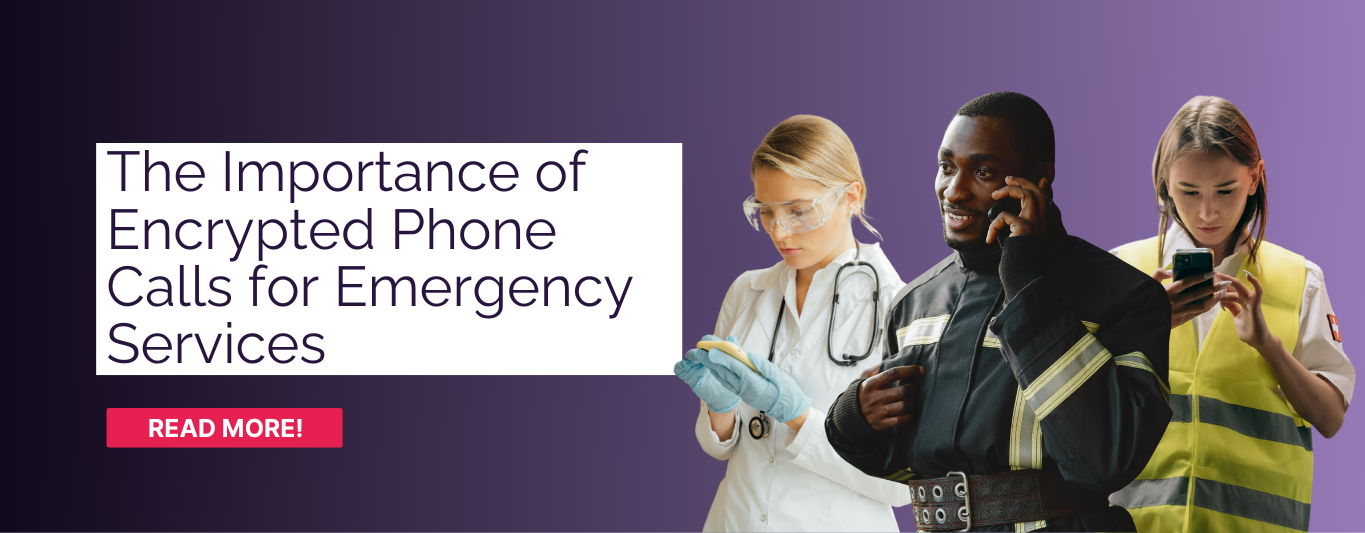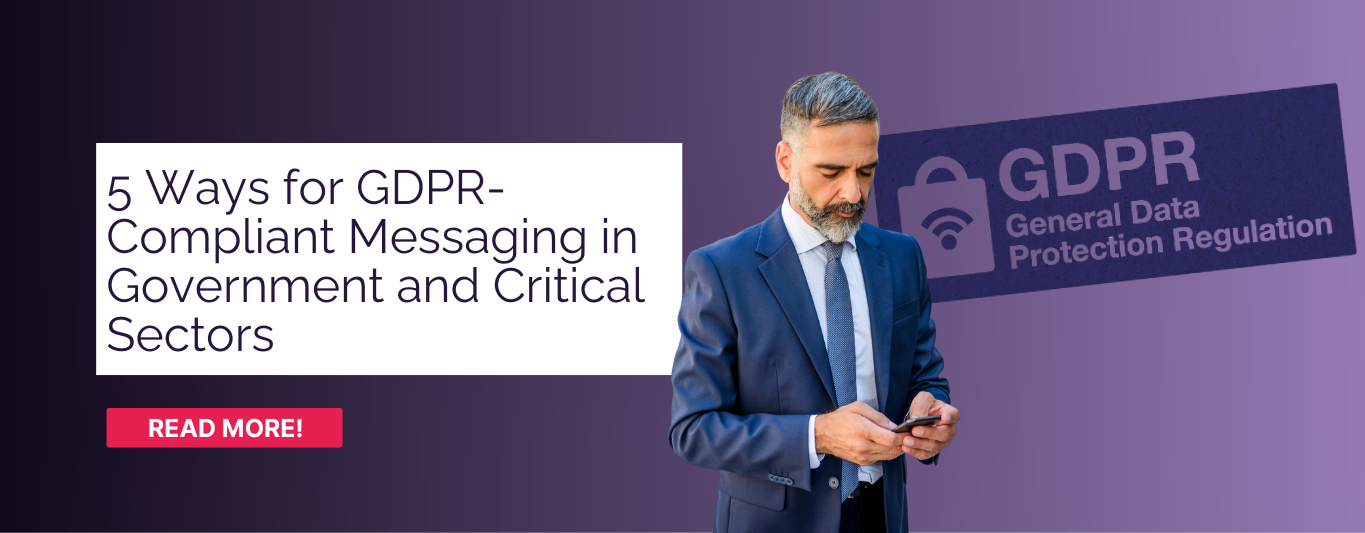Can End-to-End Encryption in Facebook Messenger be Trusted?

The popularity of Facebook Messenger is hard to ignore, with 1.3 billion users around the world and rising to an expected 2.4 billion by 2021. Many people rely on the app every day to keep in touch with friends and family as well as businesses, with more than 20 billion messages exchanged between users and organizations every month. Between them, Facebook Messenger and WhatsApp dominate the market as the two most popular messenger apps globally, but with both owned by parent company Facebook, questions surrounding privacy and how secure the platform is remains.
The concern for businesses using Messenger is around trust ever since the Cambridge Analytica scandal and when it was revealed that Facebook store a copy of private messages despite using encryption. This is because messages sent are encrypted from the sender to the server with a gap before it that then sends onto the recipient, not end-to-end encryption like we use for our encrypted communication.
The company did address this issue by implementing ‘Secret Conversations’ that does offer end-to-end encryption in Facebook Messenger, but this isn’t a default setting and is hidden in the menu, not used by the vast majority of its users when communicating. This means many businesses are still using the platform without end-to-end encryption to secure their messages, leaving them open to cyber threats. What’s more puzzling is they introduced this into WhatsApp in 2016, so why not for Messenger?
Why is Facebook Messenger Popular with Businesses?
One of the biggest reasons a business uses messenger is due to the huge audience it can attract through advertising, much like with the parent company app. Messenger is implemented into Facebook so it is convenient for organizations who already have a business page set up to use it rather than a separate app. It also has a 10-80x better engagement rate than email marketing, leading to higher clickthrough rates and conversions. But because of the advantages of using an app with a huge market share, many users choose to ignore the lack of end-to-end encryption in Facebook Messenger, leaving them at risk.
Last year, Mark Zuckerberg pledged to provide end-to-end encryption in Facebook Messenger and all its apps by default, however, it has since been revealed that it will take years to achieve. This means unless users of the app shift to only using ‘secret conversations’, they will remain using basic encryption. By default, Messenger stores encryption keys locally in between a user sending a message and it reaching the recipient, meaning that someone with the know-how to intercept this, whilst not simple in itself, can breach data and steal sensitive information. Could your organization risk for this to happen?
Military Grade End-to-End Encryption by Default
At RealTyme, we are concerned that with many organizations using Facebook Messenger, unnecessary risks are being taken. If you have employees working remotely using the platform to communicate and collaborate, there is a real risk to data protection and privacy due to not using end-to-end encryption that data is not as secure as it should be. That’s why we have spent many years developing and working alongside our clients globally helping them to take advantage of the highest levels of protection we offer. Using AES-256 end-to-end encryption, you can fully implement our platform to share files, communicate securely via messaging, voice and secure video conferencing, as well as help your teams easily collaborate.
Get in touch and find out how our approach to securing your data and privacy leaves no room for risks, with default end-to-end encryption implemented from day one. Request invite today.



